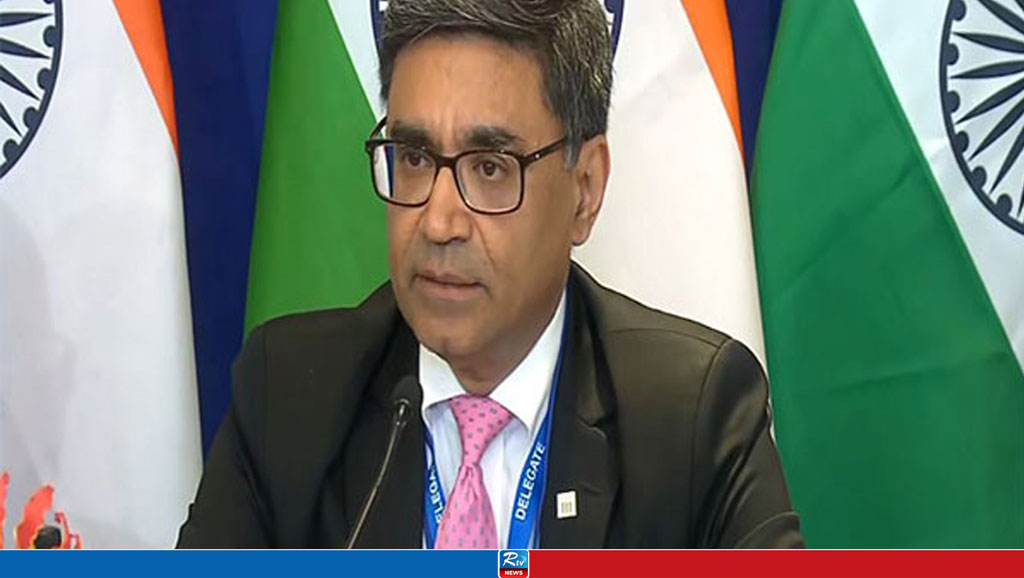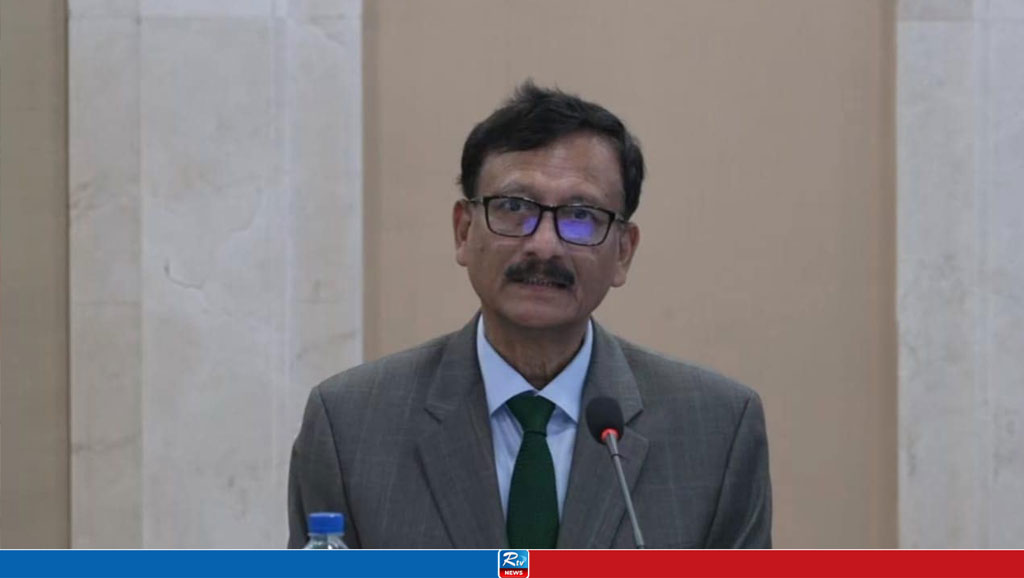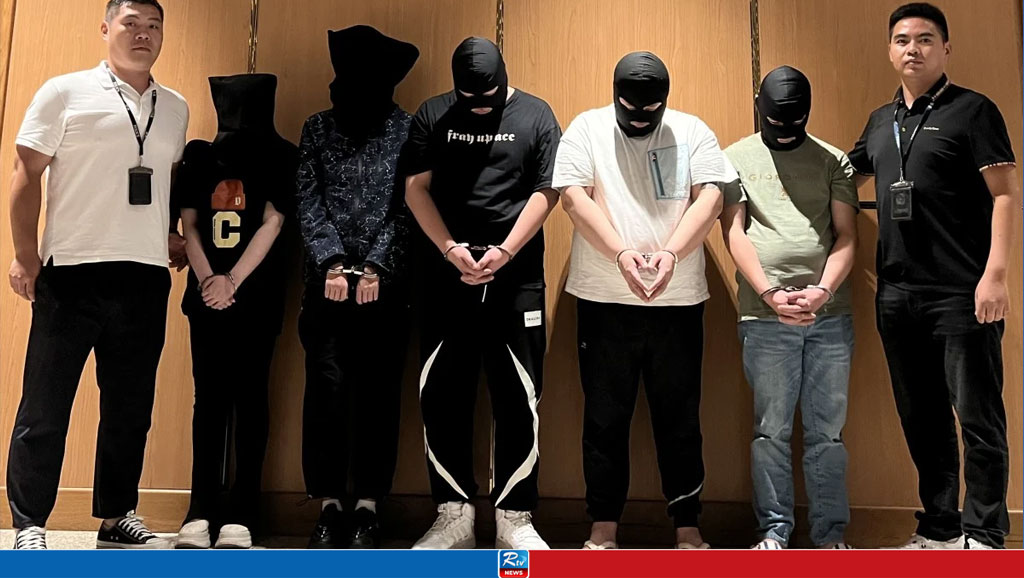'I Had Anti-Government Views so They Treated Me for Schizophrenia'
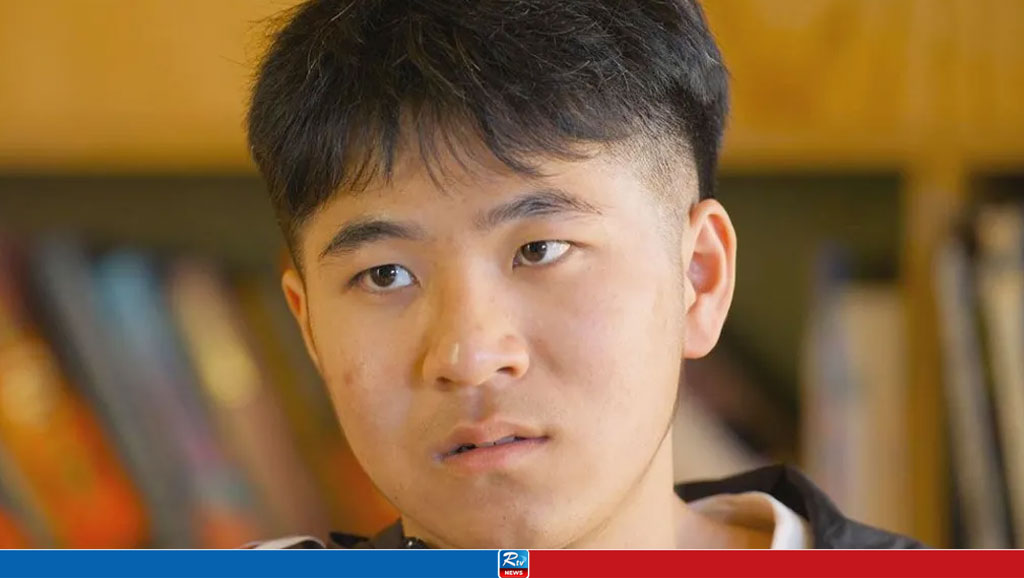
When Zhang Junjie was 17 he decided to protest outside his university about rules made by China's government. Within days he had been admitted to a psychiatric hospital and treated for schizophrenia.
Junjie is one of dozens of people identified by the BBC who were hospitalised after protesting or complaining to the authorities.
Many people we spoke to were given anti-psychotic drugs, and in some cases electroconvulsive therapy (ECT), without their consent.
While there have been reports for decades that hospitalisation is used in China as a way of detaining dissenting citizens without involving the courts, a leading Chinese lawyer has told the BBC that the issue - which legislation sought to resolve - has recently seen a resurgence.
Junjie says he was restrained and beaten by hospital staff before being forced to take medication.
His ordeal began in 2022, after he protested against China's harsh lockdown policies. He says his professors spotted him after just five minutes and contacted his father, who took him back to the family home. He says his father called the police, and the next day - on his 18th birthday - two men drove him to what they claimed was a Covid test centre, but was actually a hospital.
"The doctors told me I had a very serious mental disease… Then they tied me to a bed. The nurses and doctors repeatedly told me, because of my views on the party and the government, then I must be mentally ill. It was terrifying," he told the BBC World Service. He was there for 12 days.
Junjie believes his father felt forced to hand him over to the authorities because he worked for the local government.
Just over a month after being discharged, Junjie was once again arrested. Defying a fireworks ban at Chinese New Year (a measure brought in to fight air pollution) he had made a video of himself setting them off. Someone uploaded it online and police managed to link it to Junjie.
He was accused of "picking quarrels and troublemaking" - a charge frequently used to silence criticism of the Chinese government. Junjie says he was forcibly hospitalised again for more than two months.
After being discharged, Junjie was prescribed anti-psychotic drugs. We have seen the prescription - it was for Aripiprazole, used to treat schizophrenia and bipolar disorder.
"Taking the medicine made me feel like my brain was quite a mess," he says, adding that police would come to his house to check he had taken it.
Fearing a third hospitalisation, Junjie decided to leave China. He told his parents he was returning to university to pack up his room - but, in fact, he fled to New Zealand.
He didn't say goodbye to family or friends.
Junjie is one of 59 people who the BBC has confirmed - either by speaking to them or their relatives, or by going through court documents - have been hospitalised on mental health grounds after protesting or challenging the authorities.
The issue has been acknowledged by China's government - the country's 2013 Mental Health Law aimed to stop this abuse, making it illegal to treat someone who is not mentally unwell. It also explicitly states psychiatric admission must be voluntary unless the patient is a danger to themselves or others.
In fact, the number of people detained in mental health hospitals against their will has recently surged, a leading Chinese lawyer told the BBC World Service. Huang Xuetao, who was involved in drafting the law, blames a weakening of civil society and a lack of checks and balances.
"I have come across lots of cases like this. The police want power while avoiding responsibility," he says. "Anyone who knows the shortcomings of this system can abuse it."
An activist called Jie Lijian told us he had been treated for mental illness without his consent in 2018.
Lijian says he was arrested for attending a protest demanding better pay at a factory. He says police interrogated him for three days before taking him to a psychiatric hospital.
Like Junjie, Lijian says he was prescribed anti-psychotic drugs that impaired his critical thinking.
After a week in the hospital, he says he refused any more medication. After fighting with staff, and being told he was causing trouble, Lijian was sent for ECT - a therapy which involves passing electric currents through a patient's brain.
"The pain was from head to toe. My whole body felt like it wasn't my own. It was really painful. Electric shock on. Then off. Electric shock on. Then off. I fainted several times. I felt like I was dying," he says.
He says he was discharged after 52 days. He now has a part-time job in Los Angeles and is seeking asylum in the US.
People outside the UK can watch the documentary on YouTube.
In 2019, the year after Lijian says he was hospitalised, the Chinese Medical Doctor Association updated its ECT guidelines, stating it should only ever be administered with consent, and under general anaesthetic.
We wanted to find out more about the doctors' involvement in such cases.
Speaking to foreign media such as the BBC without permission could get them into trouble, so our only option was to go undercover.
We booked phone consultations with doctors working at four hospitals which, according to our evidence, are involved with forced hospitalisations.
We used an invented story about a relative who had been hospitalised for posting anti-government comments online, and asked five doctors if they had ever come across cases of patients being sent in by police.
Four confirmed they had.
"The psychiatric department has a type of admission called 'troublemakers'," one doctor told us.
Another doctor, from the hospital where Junjie was held, appears to confirm his story that police continued surveillance of patients once discharged.
"The police will check up on you at home to make sure you take your medicine. If you don't take it you might break the law again," they said.
We approached the hospital in question for comment but it did not respond.
We have been given access to the medical records of democracy activist Song Zaimin, hospitalised for a fifth time last year, which makes it clear how closely political views appear to be tied to a psychiatric diagnosis.
"Today, he was… talking a lot, speaking incoherently, and criticising the Communist Party. Therefore, he was sent to our hospital for inpatient treatment by the police, doctors, and his local residents' committee. This was an involuntary hospitalisation," it says.
We asked Professor Thomas G Schulze, president-elect of the World Psychiatric Association, to review these notes. He replied:
"For what is described here, no-one should be involuntarily admitted and treated against his will. It reeks of political abuse."
Between 2013 and 2017, more than 200 people reported they had been wrongfully hospitalised by the authorities, according to a group of citizen journalists in China who documented abuses of the Mental Health Law.
Their reporting ended in 2017, because the group's founder was arrested and subsequently jailed.
For victims seeking justice, the legal system appears stacked against them.
A man we are calling Mr Li, who was hospitalised in 2023 after protesting against the local police, tried to take legal action against the authorities for his incarceration.
Unlike Junjie, doctors told Mr Li he wasn't ill but then the police arranged an external psychiatrist to assess him, who diagnosed him with bipolar disorder, and he was held for 45 days.
Once released, he decided to challenge the diagnosis.
"If I don't sue the police it's like I accept being mentally ill. This will have a big impact on my future and my freedom because police can use it as a reason to lock me up any time," he says.
In China, the records of anyone ever diagnosed with a serious mental health disorder could be shared with the police, and even local residents' committees.
But Mr Li was not successful - the courts rejected his appeal.
"We hear our leaders talking about the rule of law," he told us. "We never dreamed one day we could be locked up in a mental hospital."
The BBC has found 112 people listed on the official website for Chinese court decisions who, between 2013 and 2024, attempted to take legal action against police, local governments or hospitals for such treatment.
Some 40% of these plaintiffs had been involved in complaints about the authorities. Only two won their cases.
And the site appears to be censored - five other cases we have investigated are missing from the database.
The issue is that the police enjoy "considerable discretion" in dealing with "troublemakers," according to Nicola MacBean from The Rights Practice, a human rights organisation in London.
"Sending someone to a psychiatric hospital, bypassing procedures, is too easy and too useful a tool for the local authorities."
Eyes are now on the fate of vlogger Li Yixue, who accused a police officer of sexual assault. Yixue is said to have recently been hospitalised for a second time after her social media posts talking about the experience went viral. It is reported she is now under surveillance at a hotel.
We put the findings of our investigation to the UK's Chinese embassy. It said last year the Chinese Communist Party "reaffirmed" that it must "improve the mechanisms" around the law, which it says "explicitly prohibits unlawful detention and other methods of illegally depriving or restricting citizens' personal freedom".
Source: BBC
Comments
Rtv Marks 19 Years of Excellence, Steps Boldly into 20th Year

NASA Probe Survives Record-breaking Close Approach to Sun

HMPV Virus: A New Pandemic Threat?

Meta to Suspend Fact-Checking Amid Allegations of Bias
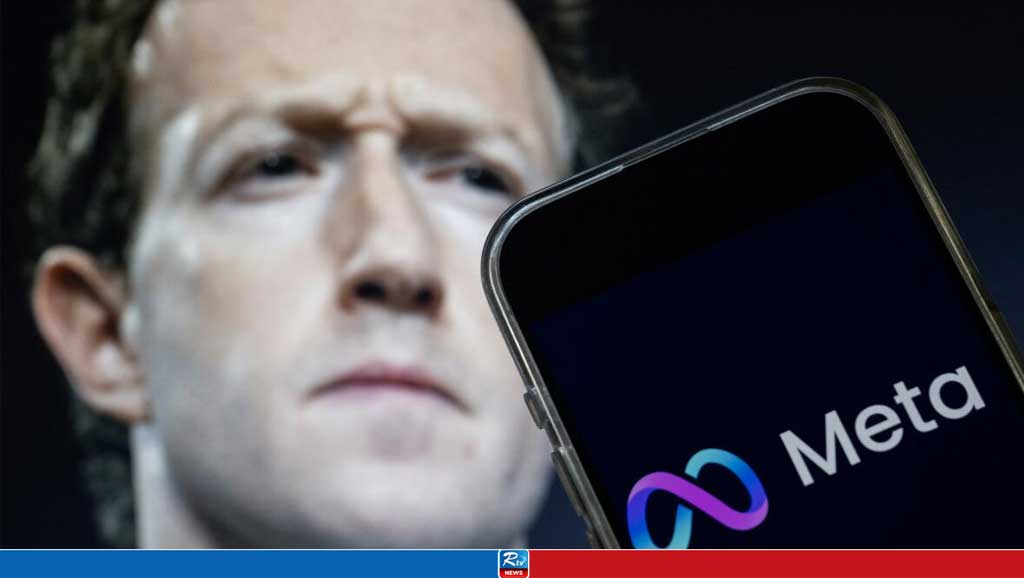
Diamond-made Battery to Last for a Thousand Years on a Single Charge

Meta to Lay Off 5% of Employees in Efficiency Drive
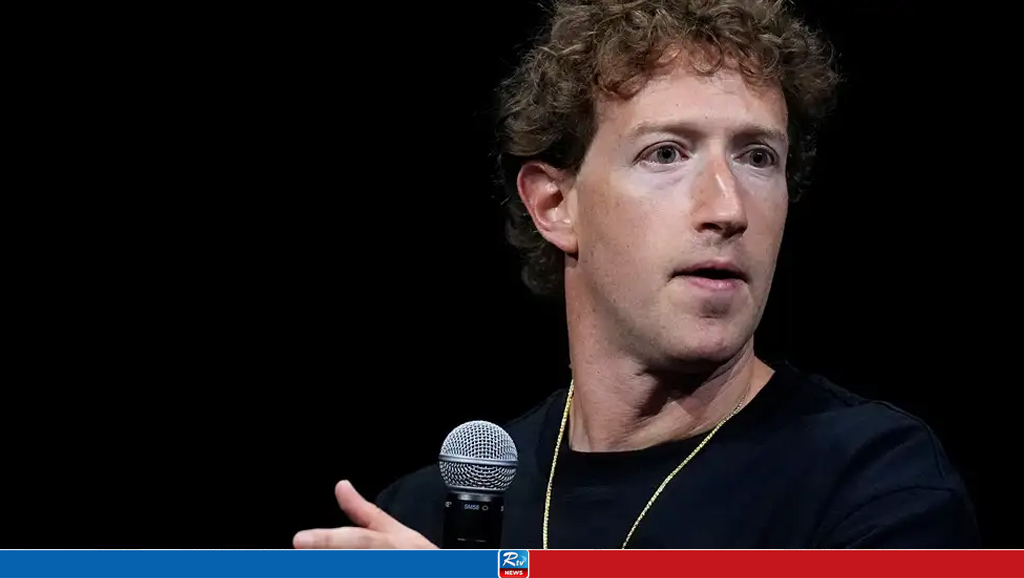
KUET Admission Test Results Published: How to Check


 Live Tv
Live Tv

